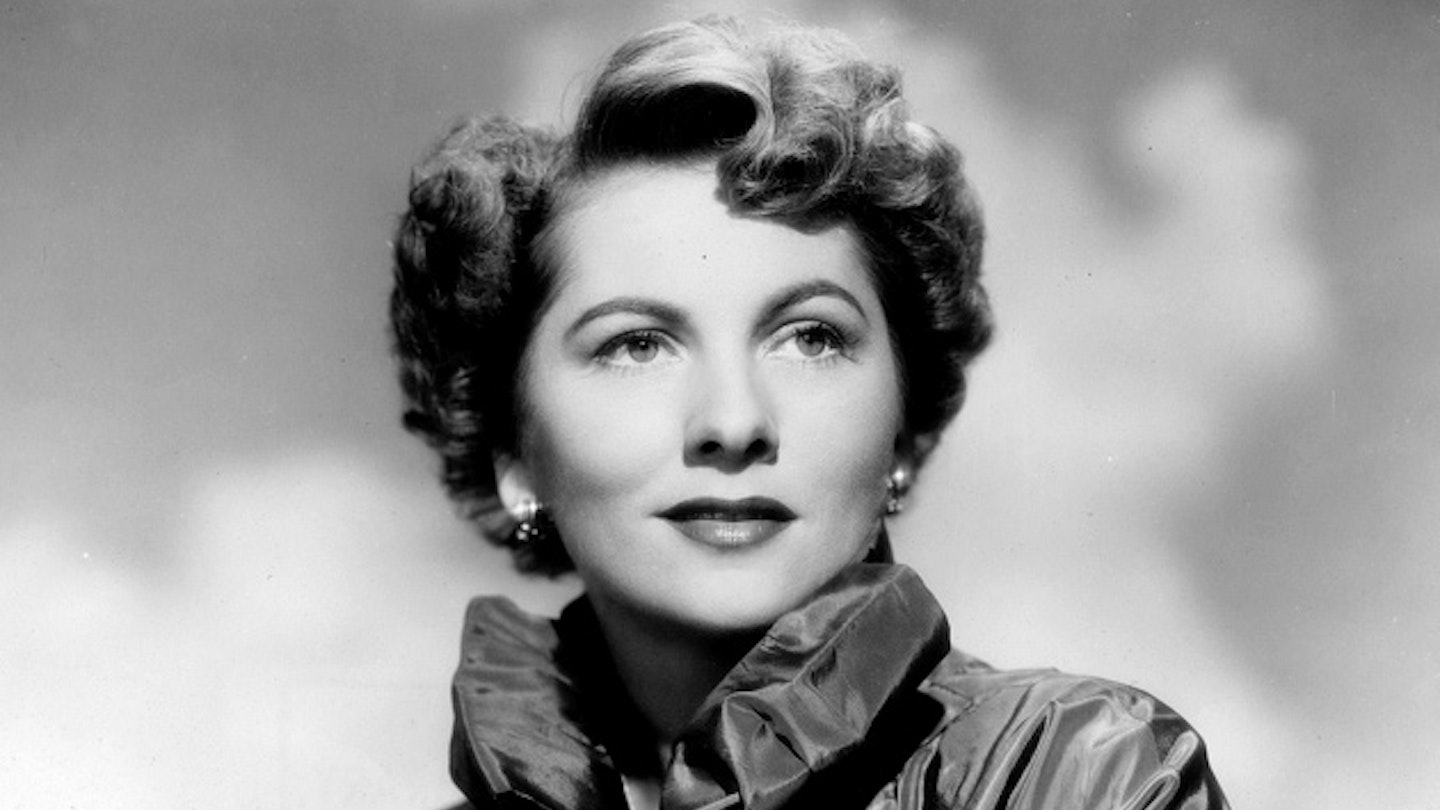Joan de Beauvoir de Havilland, known to the world as Oscar-winning actress Joan Fontaine, died at her home in Carmel, California on Sunday. She was 96. A close friend reported that her health had deteriorated over the last week, and that she died peacefully in her sleep.
Born in Tokyo to British parents, Joan's mother moved her to California after illnesses left her weak and anaemic. She thrived in the Saratoga sunshine, but returned to Japan with her father - an academic turned patent attorney - aged 16 to attend the American School there. Her older sister was also an actress, Olivia de Havilland, with whom Joan endured a famously fractious relationship.
Joan's acting career began as soon as she graduated. Taking the surname of her mother's second husband, she made her stage debut in 1935, and signed a contract with RKO soon afterwards. Her first film appearance was in No More Ladies, and, considered a rising star by the studio, her first leading role came two years later in The Man Who Found Himself. She was still only 19.
Incredibly, more than a dozen films followed in the next three years, including George Stevens' A Damsel In Distress and Gunga Din, but it was her two subsequent performances for Alfred Hitchcock that sealed her enduring fame. A chance dinner conversation with producer David O. Selznick (followed by an exhausting six months of auditions) landed her the role of the beleaguered second Mrs De Winter in the Daphne Du Maurier adaptation Rebecca in 1940, followed by Suspicion in 1941.
Rebecca was an unhappy experience for her. Her co-star Laurence Olivier had favoured his then-wife Vivien Leigh for the role and made his resentment plain. She also had to endure the mind-games of Hitchcock, who, in order to foster the psychological isolation he wanted in the character, whispered to Fontaine that he was the only person on set that liked her.
Neverthless, Suspicion immediately followed, in which Fontaine starred opposite Cary Grant and for which she won an Academy Award: the only actor, male or female, to do so in a Hitchcock film. Arguably, she was the prototypical "Hitchcock woman", playing the fragile melodrama heroine role that the director would later elicit from the likes of Kim Novak and Tippi Hedren. Fontaine's only subsequent brush with Hitchcock was on television, in an episode of The Alfred Hitchcock Hour in 1963.
After Hitch there was more Du Maurier (Mitchell Leisen's Frenchman's Creek in 1944), and another classic role in Robert Stevenson's Charlotte Bronte adaptation Jane Eyre (1943), playing Jane to Orson Welles' Rochester. She worked with Billy Wilder (The Emperor Waltz, 1948), Nicholas Ray (Born To Be Bad, 1950) and Fritz Lang (Beyond A Reasonable Doubt, 1956).
She continued to work regularly throughout the '40s and '50s, but her output slowed in the '60s. Of only three films that decade, her last was Hammer's The Witches, in 1966, on which she was also credited as a producer. There was still theatre, however, and Fontaine also made sporadic television appearances on the staple likes of The Dick Powell Theatre, Wagon Train, The Love Boat, Ryan's Hope and Hotel. Her final screen appearance was in TV movie Good King Wenceslas in 1994.
Away from the screen and during her semi-retirement, Fontaine learned to fly hot air balloons and planes, became an expert at golf and fishing, and was a cordon-bleu cook. "I've done a lot of exciting things," she once said. "I've had a hell of a life."
